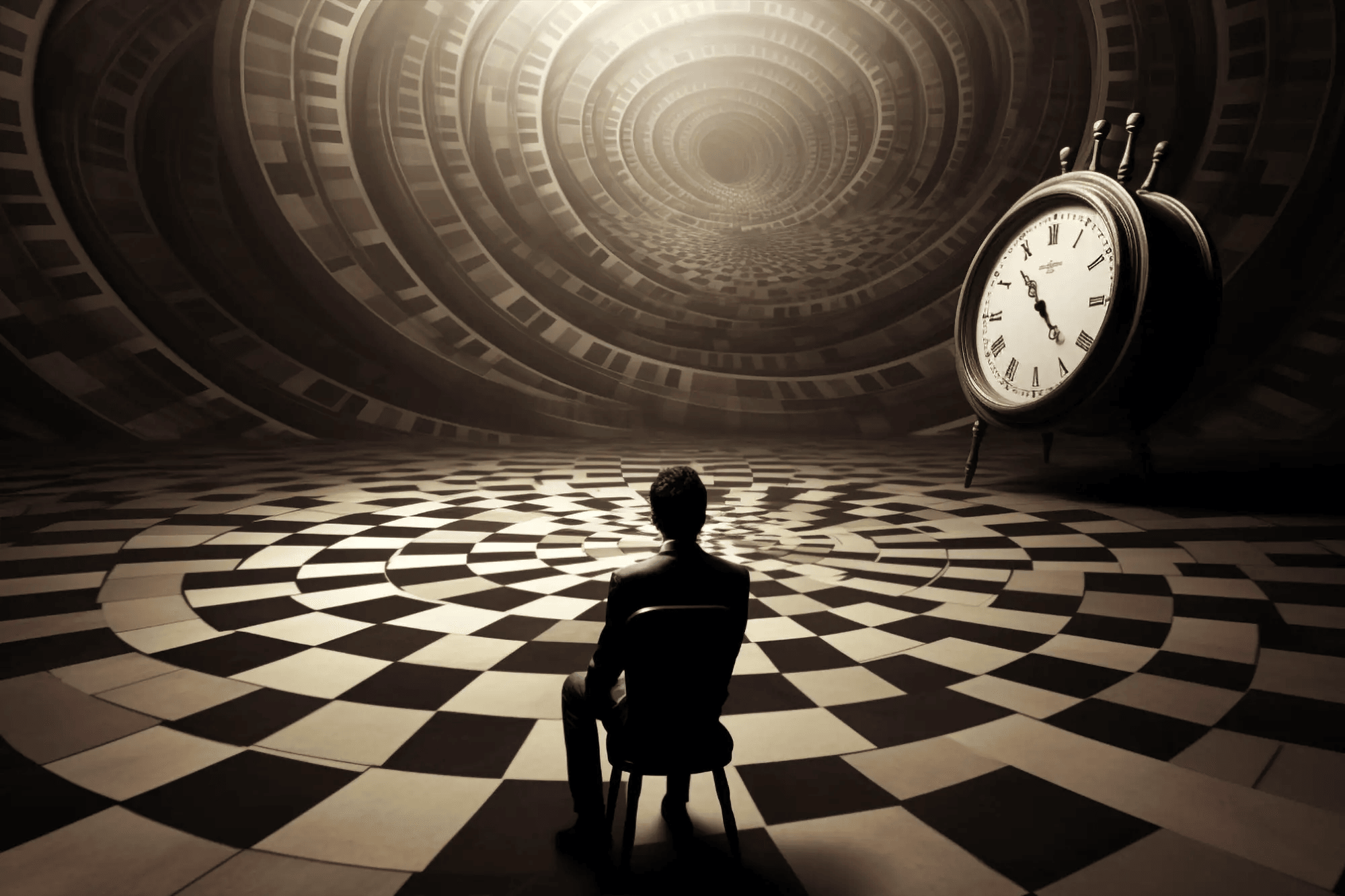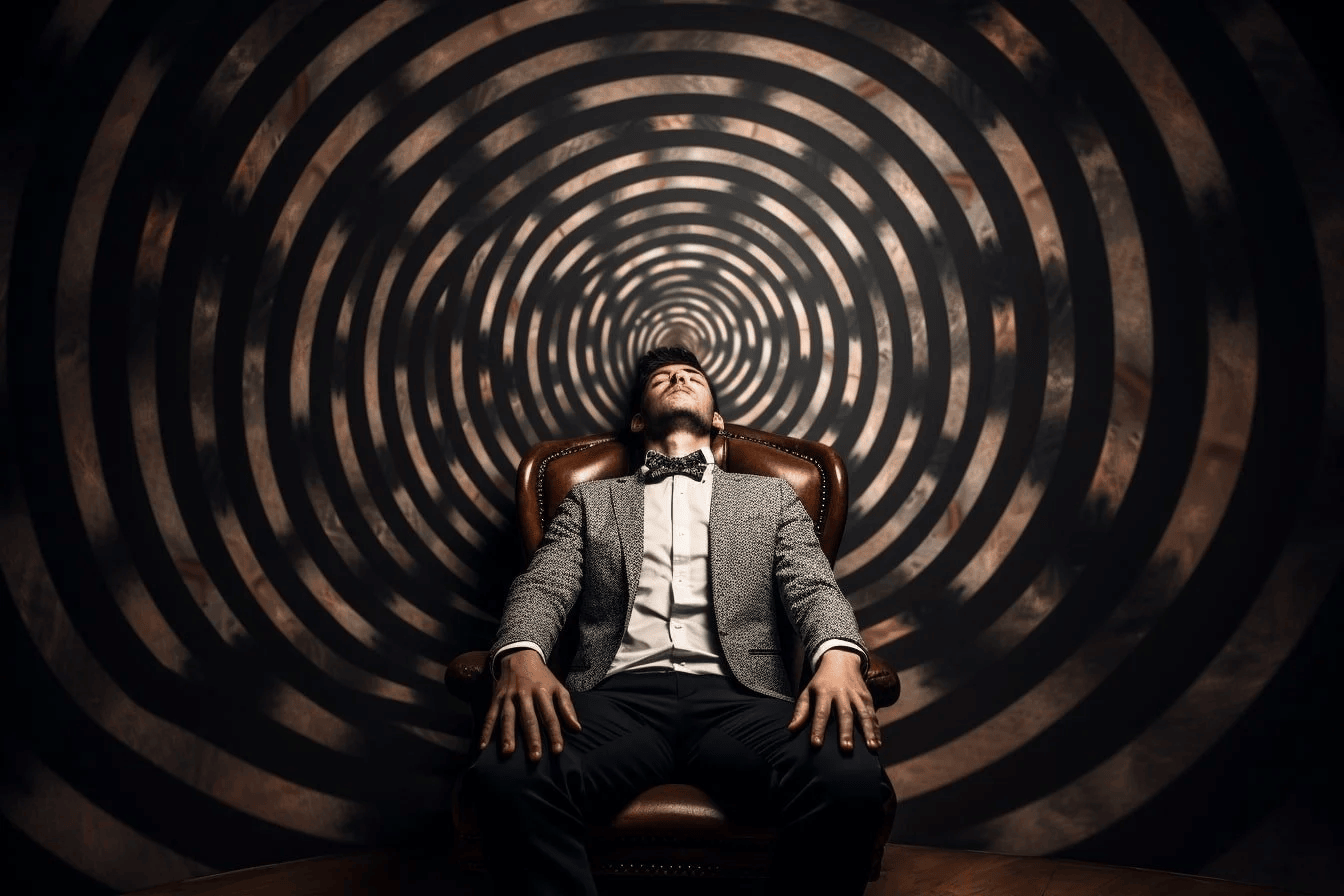Scientists Debunk 6 Common Hypnosis Myths
A unknown stranger waves a pocket watch back and forth repeating "You're getting sleepy very sleepy" as though grabbing entire control of their captive. While this portrayal is common in popular media it is not a true representation of hypnosis. Unfortunately some practitioners and academics in the area promote these myths about hypnosis.
Steven Jay Lynn a psychology professor at Binghamton University in the state of New York is a hypnosis expert who has made significant contributions to the legal system through his knowledge of the practice. Lynn believes that hypnosis has many clinical applications but that misconceptions prevent it from being used to its full potential.
In a recent publication published in BJPsych Advances he and his colleagues from the Institute of Psychiatry Psychology and Neuroscience at King's College Madeline Stein and Devin Terhune addressed a number of mistakes and misconceptions about the characteristics and practice of hypnosis. These are some of the most frequent myths that are widely held and circulated in popular culture.
People Who Are Hypnotized Find It Difficult To Resist Suggestions
A deeply hypnotized person is said to exhibit "blind obedience" following along with anything the hypnotist says. Individuals do not lose control of their actions while under hypnosis contrary to popular belief that hypnosis is something done to you and that it may be used to control someone.
People can in fact resist and even oppose hypnotic ideas. Their sense of control under hypnosis is determined by their intents and expectations about whether or not they retain voluntary control.
A "Special State" Is Hypnosis
Hypnosis is frequently mischaracterized as a "special state" in which defense mechanisms are decreased and a "unique state of physical relaxation and conscious unconsciousness" allows us to "enter our subconscious depths." People can however respond to hypnotic ideas while alert and riding an exercise bike. Apart from being a contradiction in terms 'conscious unconsciousness' is an erroneous representation of hypnosis because even the most suggestible individuals remain fully conscious and cognizant of their surroundings during hypnosis.
It is more accurate to think of hypnosis as a series of processes that use verbal suggestions to alter awareness perception and cognition rather than invoking'special states.'
People are either hypnotizable or not.
People's hypnotic receptivity can be rather consistent throughout time. However assuming that people are either hypnotizable or not is incorrect. People's receptivity varies widely and they frequently respond to some recommendations but not others. Nonetheless most people are hypnotizable enough to gain significantly from therapeutic suggestions.
Compliance Or feigning Is All That Is Required To Respond To Suggestions
Suggested behaviors during hypnosis can appear so out of the ordinary that worries about whether hypnotic responses are genuine arise. Neuroimaging studies on the other hand show that the effects of hypnotic suggestions activate brain regions (e.g. visual processing) that correspond to proposed events (e.g. visualizing an object).
These data give compelling evidence that hypnotic effects are represented at the neurophysiological level as people claim.
The use of hypnotic procedures necessitates a high level of competence.
One common misunderstanding is the mesmerist or magician-like hypnotist with extraordinary persuasion powers who can "hypnotize" anyone.
This widely held belief is a myth; administering a hypnotic induction and specific suggestions requires no special skills or abilities beyond those required for basic social interactions and the administration of experimental or clinical procedures such as the ability to establish rapport. However hypnosis should only be used by specialists who have received hypnosis training.
Hypnotic Age Regression Can Retrieve Precise Memories From The Past
Under hypnosis people in TV shows and movies frequently recall highly exact recollections from a distant former life. However research suggests the opposite. When researchers compare the accuracy of recollections of persons who have been "age regressed" to a previous time (e.g. the 10th century) to genuine facts from the corresponding period they discover that the information is almost always erroneous.
What people say is largely congruent with what experimenters say about their alleged former life experiences and identities (e.g. different ethnicity culture sex). According to these findings "recall" reflects participants' expectations imaginations and beliefs about personal attributes and occurrences during a certain historical period.


